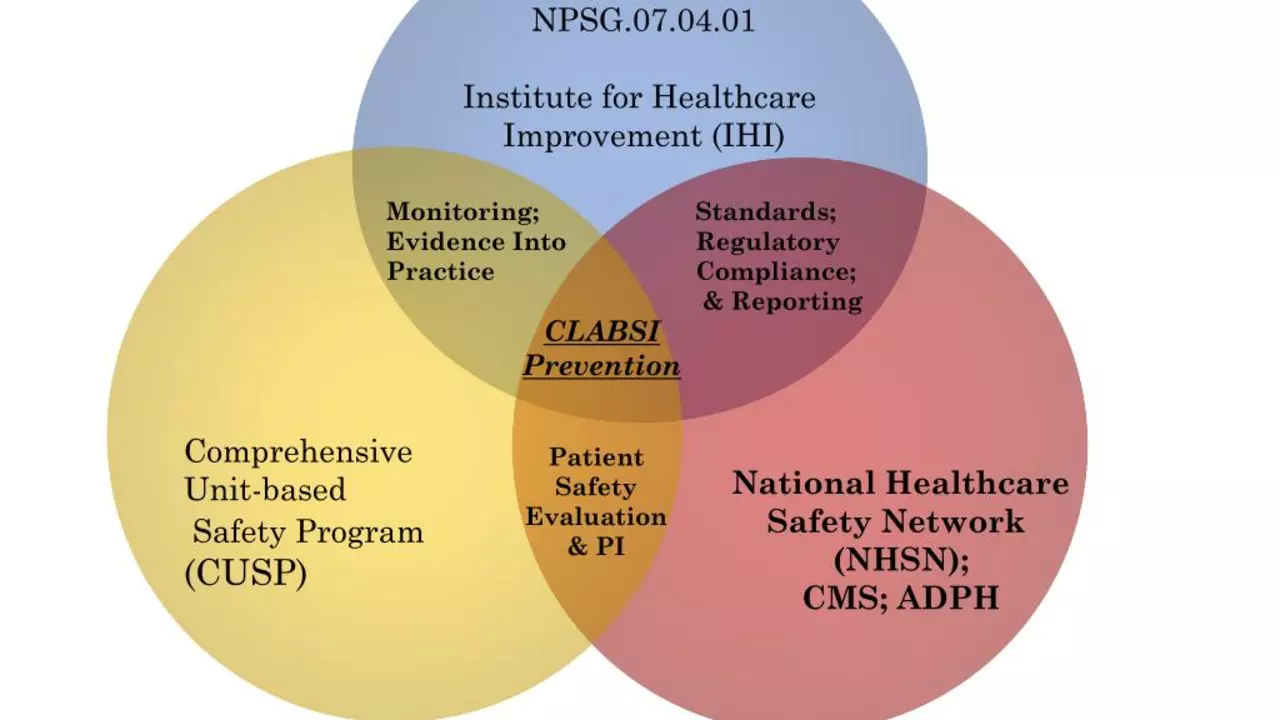Amebiasis prevention: how to avoid Entamoeba histolytica
Amebiasis spreads when microscopic parasites in feces contaminate water, food, or hands. You won’t always see a problem until someone gets sick with diarrhea, cramping, or bloody stools. The good news: most infections are preventable with a few straightforward habits.
Daily habits that cut your risk
Start with handwashing. Wash hands with soap and clean water after using the toilet, after diaper changes, and before preparing or eating food. If clean water isn’t available, use an alcohol-based hand sanitizer as a temporary fix, but soap and water are best when fecal germs are possible.
Be picky about water and ice. Drink bottled or boiled water in places with uncertain sanitation. If you boil, keep a rolling boil for at least one minute (longer at high altitude) or use a reliable filter rated for protozoa and bacteria. Avoid ice made from tap water when traveling.
Handle food safely. Cook food thoroughly and eat it hot. Avoid raw fruits and vegetables unless you can peel them yourself or they were washed in safe water. Street food can be delicious, but pick vendors who cook food fresh and serve it hot.
Keep bathrooms and diapers clean. Properly dispose of sewage and used diapers. In households with limited sanitation, covering latrines and keeping standing water away reduces contamination risks.
Think about sexual practices. Amebiasis can spread through oral-anal contact. If that’s part of your activity, use barriers and wash carefully afterward to reduce risk.
Travel tips and high-risk situations
Traveling to areas with poor sanitation raises your risk. Plan ahead: pack a small water filter or purification tablets, choose bottled beverages, and avoid raw salads and uncooked seafood. Families with young children should be extra careful—kids are more likely to get infected and spread germs.
People with weakened immune systems should talk to their doctor before travel. If you live or work in settings with limited sanitation (refugee camps, some rural areas), focus on safe water sources and strict hygiene for everyone around you.
What if you think you’re infected? Watch for watery or bloody diarrhea, belly pain, fever, or unexplained weight loss. Don’t guess—see a healthcare provider. Diagnosis uses stool tests, antigen assays, or PCR, and treatment usually combines a tissue-active drug (like metronidazole or tinidazole) with a luminal agent (such as paromomycin) to clear parasites hiding in the gut.
Don’t self-medicate. Over-the-counter choices won’t clear a parasitic infection and can delay proper care. A short course of the right antibiotics or antiparasitic meds markedly reduces complications and stops spread to others.
No vaccine exists for amebiasis, so prevention depends on clean water, safe food, good sanitation, and smart travel choices. Small, consistent habits protect you and the people around you more than any single dramatic action.

How to Prevent Amebiasis: Top Tips and Strategies
- 13 Comments
- Jul, 6 2023
In my latest blog post, I discussed top tips and strategies to prevent Amebaisis, a parasitic infection that affects the intestines. I emphasized the importance of good hygiene practices, such as regular handwashing and safe food preparation. I also highlighted the need to drink only filtered or boiled water, especially in areas where the water supply may be contaminated. In addition, I suggested seeking medical advice when symptoms appear and to always complete the full course of prescribed medication. Lastly, I stressed the role of public health measures including sanitation and health education in preventing this infection.




